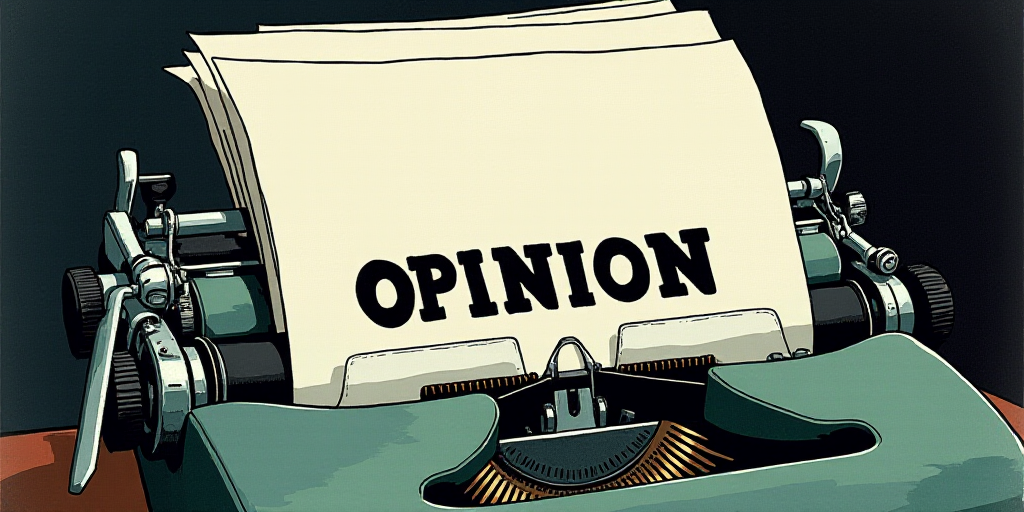Introduction
At the recent Milken Global Conference in Los Angeles, California, George Roberts, co-founder of KKR—one of the world’s leading asset managers—echoed a typically British phrase, “Keep calm and carry on,” to soothe anxious investors amidst growing geopolitical instability and Donald Trump’s orchestrated trade war.
Roberts’ Message: A Call for Calm and Perspective
Roberts’ call for calm reflects the challenging times ahead. The global trade order’s reconfiguration has shifted from a hypothesis to an urgent matter. While trade agreements are expected—as Secretary of the Treasury Scott Bessorn noted that the U.S. is in talks with 17 trade partners—Mexico faces a steep renegotiation.
Trump and Sheinbaum on T-MEC
In recent days, both Donald Trump and Mexico City’s President Claudia Sheinbaum have emphasized that the USMCA (United States-Mexico-Canada Agreement) is not dead. However, while Sheinbaum stresses dialogue and continuity, Trump describes it as a “transitional agreement” that needs renegotiation soon—if it’s to remain—and warns of the need for compliance. The essence lies not in what but how: the tariff threat is no longer a campaign tactic, it’s a strategy.
Historical Context: From TLCAN to USMCA
In 2016, the threat to invoke Article 2205 of the NAFTA (North American Free Trade Agreement)—allowing any country to exit with six months’ notice—sparked alarm. This, however, triggered a reverse reaction: a coalition of industrial, agricultural, and political interests defended the agreement, enabling its renegotiation. The result was the USMCA: a modified version but also a reaffirmation of North American economic integration.
Current Situation: Similarities and Differences
Today, we might be facing a similar yet different moment. Figures like Marc Rowan, CEO of Apollo, have emphasized the need for a solid U.S.-Mexico trade partnership in various forums, suggesting Mexico could unexpectedly benefit amidst the uncertainty. The benefits of integration are undeniable but not guaranteed, requiring institutional preparedness, clear rules, technical compliance, and proactive trade diplomacy.
Mexico’s Regulatory Practices Under Scrutiny
The latest report from the U.S. Trade Representative’s Office (USTR) is unequivocal: Mexico faces growing questions about its regulatory practices in sensitive sectors like energy, telecommunications, agriculture, pharmaceuticals, and intellectual property. The document identifies multiple obstacles affecting U.S. exporters: from non-tariff barriers and regulatory delays to customs inefficiencies and unequal market access.
Preparing for the Future
Mexico, along with the U.S. and Canada, has breached USMCA commitments. However, this won’t simplify the process. The “everyone else fails too” narrative usually doesn’t work when one party holds significantly more relative power. In 2016, fear of the TLCAN’s end united disparate sectors in defense of integration. Today, that same fear lingers, but awareness is no longer an excuse. While maintaining calm is crucial, so is preparing for any scenario: the good, the bad… and the worst.
Key Questions and Answers
- Q: What was George Roberts’ message at the Milken Global Conference? Roberts urged calm amidst growing geopolitical instability and trade tensions, echoing the British phrase “Keep calm and carry on.”
- Q: How has the global trade order changed? The global trade order’s reconfiguration has shifted from a hypothesis to an urgent matter, with trade agreements expected but facing steep renegotiation for countries like Mexico.
- Q: What is the current status of the USMCA? Both Donald Trump and Mexico City’s President Claudia Sheinbaum have stated that the USMCA is not dead, though Trump views it as a transitional agreement needing renegotiation soon.
- Q: What challenges does Mexico face in the trade negotiation process? Mexico faces growing scrutiny over its regulatory practices in sensitive sectors, with multiple obstacles identified by the USTR report affecting U.S. exporters.
- Q: Why is preparation crucial in the current trade climate? Preparation for various negotiation scenarios—good, bad, and worst—is crucial amidst the current trade climate, where awareness of potential challenges is key.






